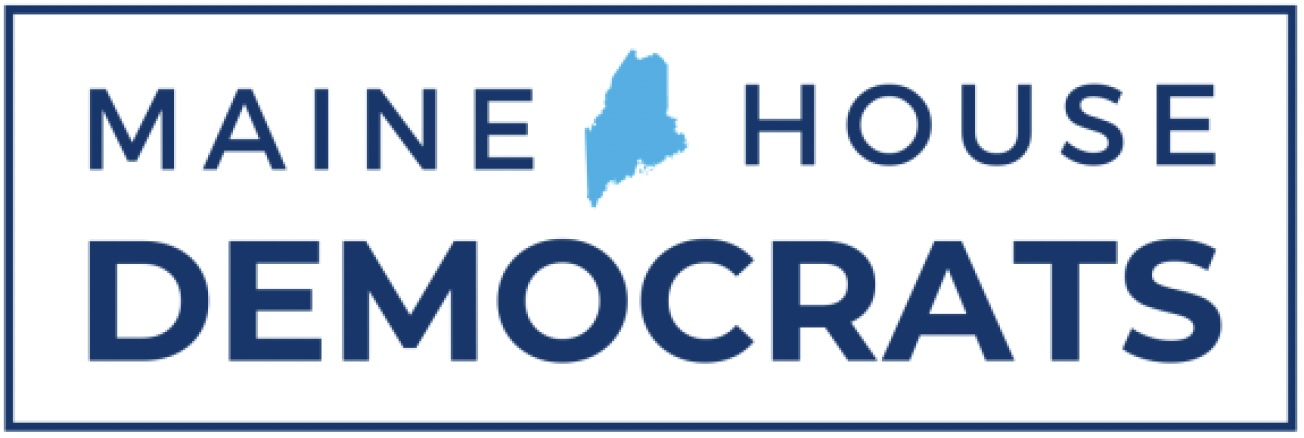AUGUSTA - On Thursday, Speaker Ryan Fecteau of Biddeford unveiled a bill aimed at cleaning up Maine's tax code and rewarding frontline workers with direct payments. LD 1677 "An Act To Support Frontline Workers by Adding a Temporary Tax Bracket Affecting High Earners" would invest in Maine frontline workers who continued serving our state throughout the pandemic.
This bill would help the workers who were not able to stay home during the pandemic such as grocery store workers, retail workers, nurses, bus drivers and janitors, recognizing the incredible stress and sacrifices of frontline workers that contributed to Maines economic and public health recovery.
"During this pandemic, frontline workers, many with low-incomes, pitched in by caring for children, stocking grocery store shelves, working as first responders, keeping our restaurants and hotels open, and providing in-home care to seniors and persons with disabilities, to name just a few," said Speaker Fecteau. "In times of crisis, these workers stepped up. Those with the greatest means, the high-income earners and large corporations, we must ask them to step up, too. Stepping up should mean paying their fair share so we can address the needs of the people experiencing real hardship. This proposal makes sure we don't leave those frontline families behind in our states recovery."
This bill would require the Department of Labor to create the Frontline Worker Support Program to provide grants to frontline workers, those workers who ensured the continuity of critical functions, including:
- health care workers
- firefighters
- law enforcement officers
- corrections officers
- food and agricultural workers
- United States Postal Service workers
- manufacturing workers
- grocery store workers
- public transit workers
- persons who work in the educational sector:
- such as teachers
- janitors
- support staff
- child care workers
The grants, disbursed by the Treasurer of State based on the eligibility criteria developed by the Department of Labor, would be funded by a temporary, 2-year surcharge on the top 1% wealthiest Mainers, a 3 percent tax on the single taxable income over $200,000, head of household income over $350,000, and married joint income over $500,000. Maine would return the revenue through direct payments to frontline workers. The tax would be in place for tax year 2021 and 2022. According to analysis from the Institute on Taxation and Economic Policy, the tax would raise roughly $96 million per year to send out in payments for frontline workers.
"Other states have enacted programs like this, referred to as 'hero pay," said Adam Goode of Maine AFL-CIO, who described frontline workers' increased risk of contracting COVID-19. "We shouldn't just have a sign on the road thanking these workers. We should reward these people."
Maine Center for Economic Policy indicates that wealthy households have remained economically stable or made more money throughout the pandemic. High-income workers in Maine experienced relatively few job losses, and their job markets are now doing better than before the pandemic started, with high wage jobs up 15.9 percent since January 2020.
"Maine is at a crossroads. We can build a strong, fair economy where everyone has the chance to succeed, not just those with the advantage. This bill shows our commitment to working families. While I am thankful for the federal pandemic relief funds coming into the state, we, here in Maine, also get to make choices about how recovery should work. We know our neighbors who need the help getting back on track. This money would go straight to them. Maines recovery requires equity and our efforts to lift up the families who struggled while working in sectors such as manufacturing, seafood processing, retail and farming. They kept Maine moving forward." said Speaker Fecteau.
The bill was heard before the Taxation Committee and can be viewed here. A work session for the bill will be scheduled in the coming weeks.
Contact:
Jenna Howard (Fecteau), 214-3185,

